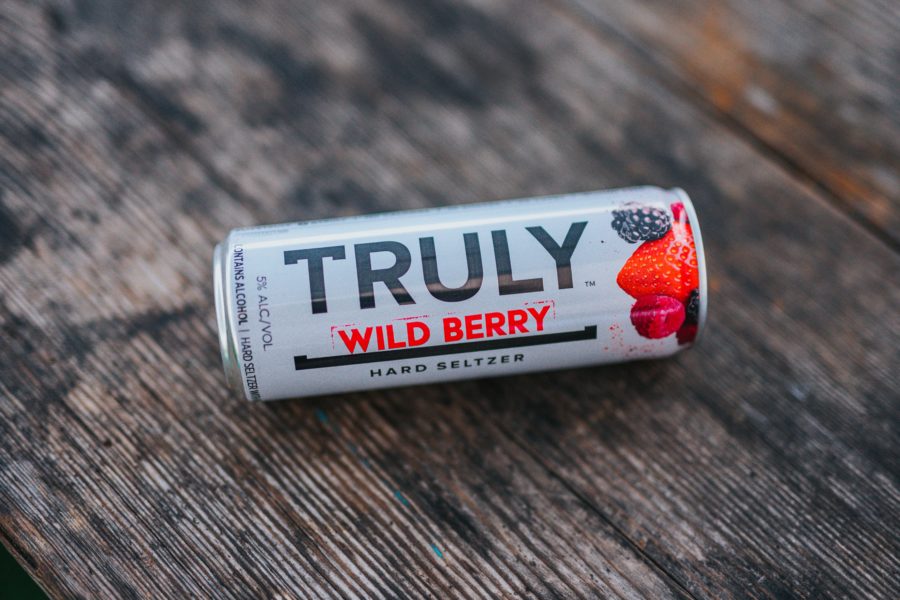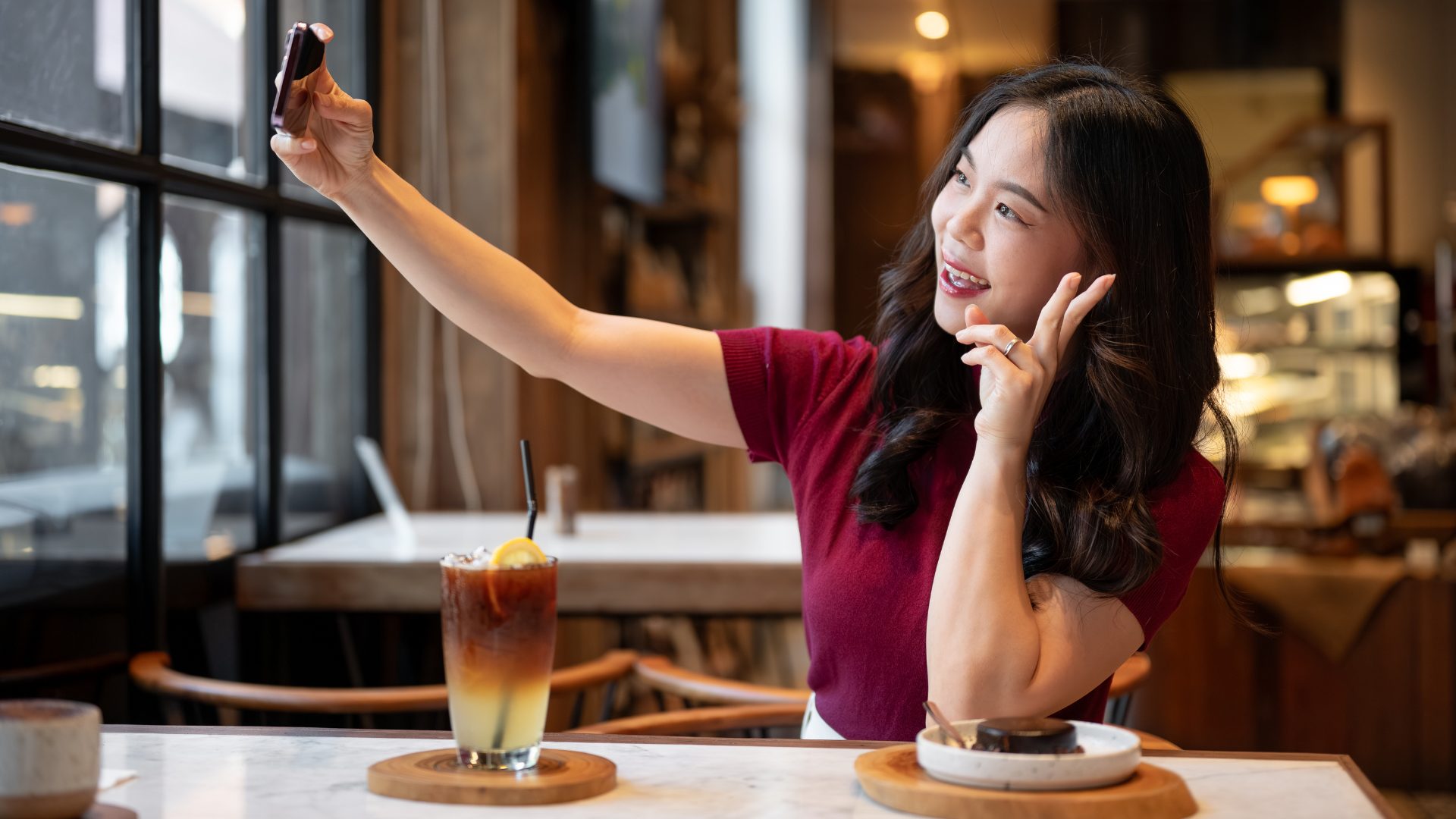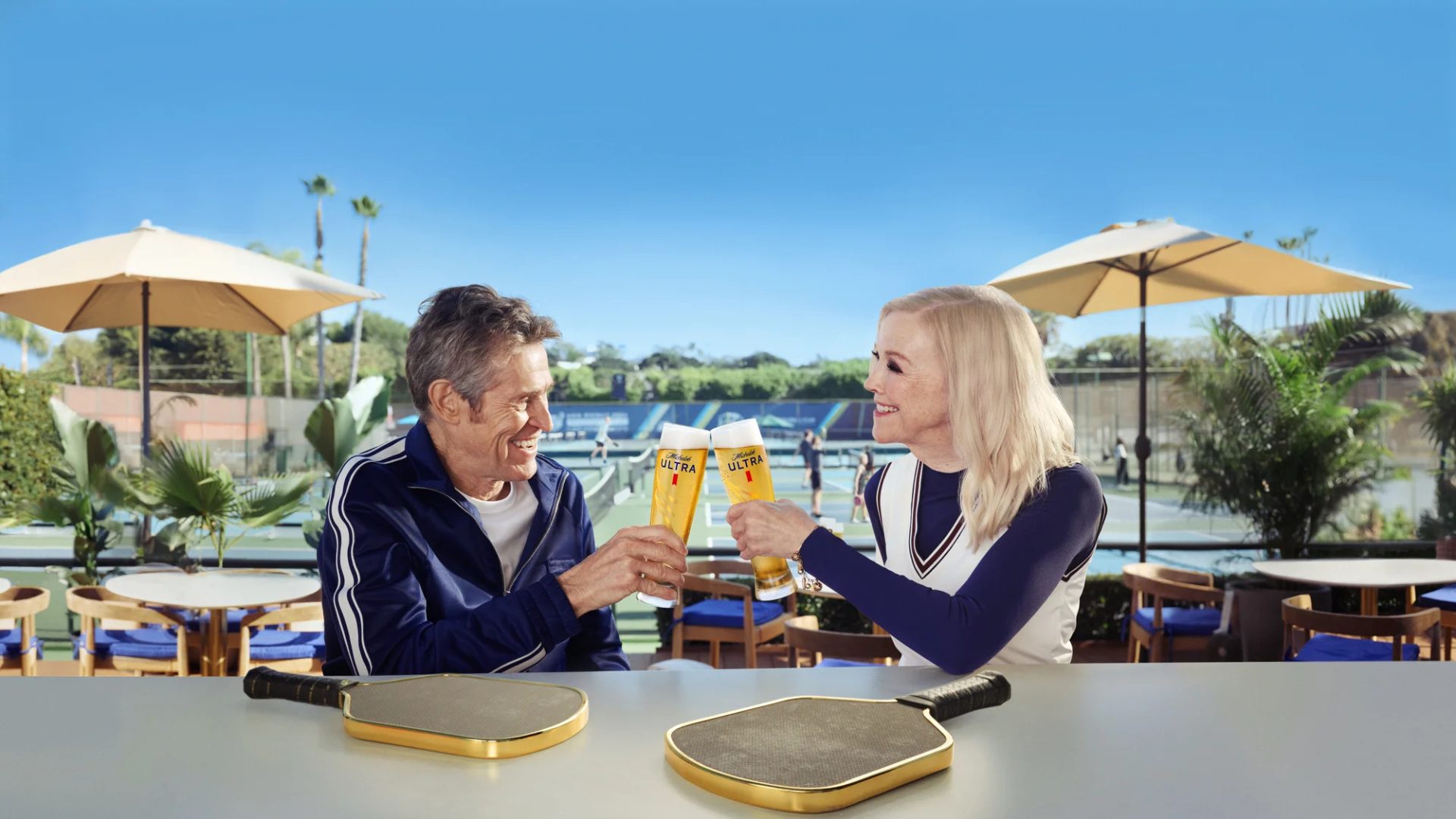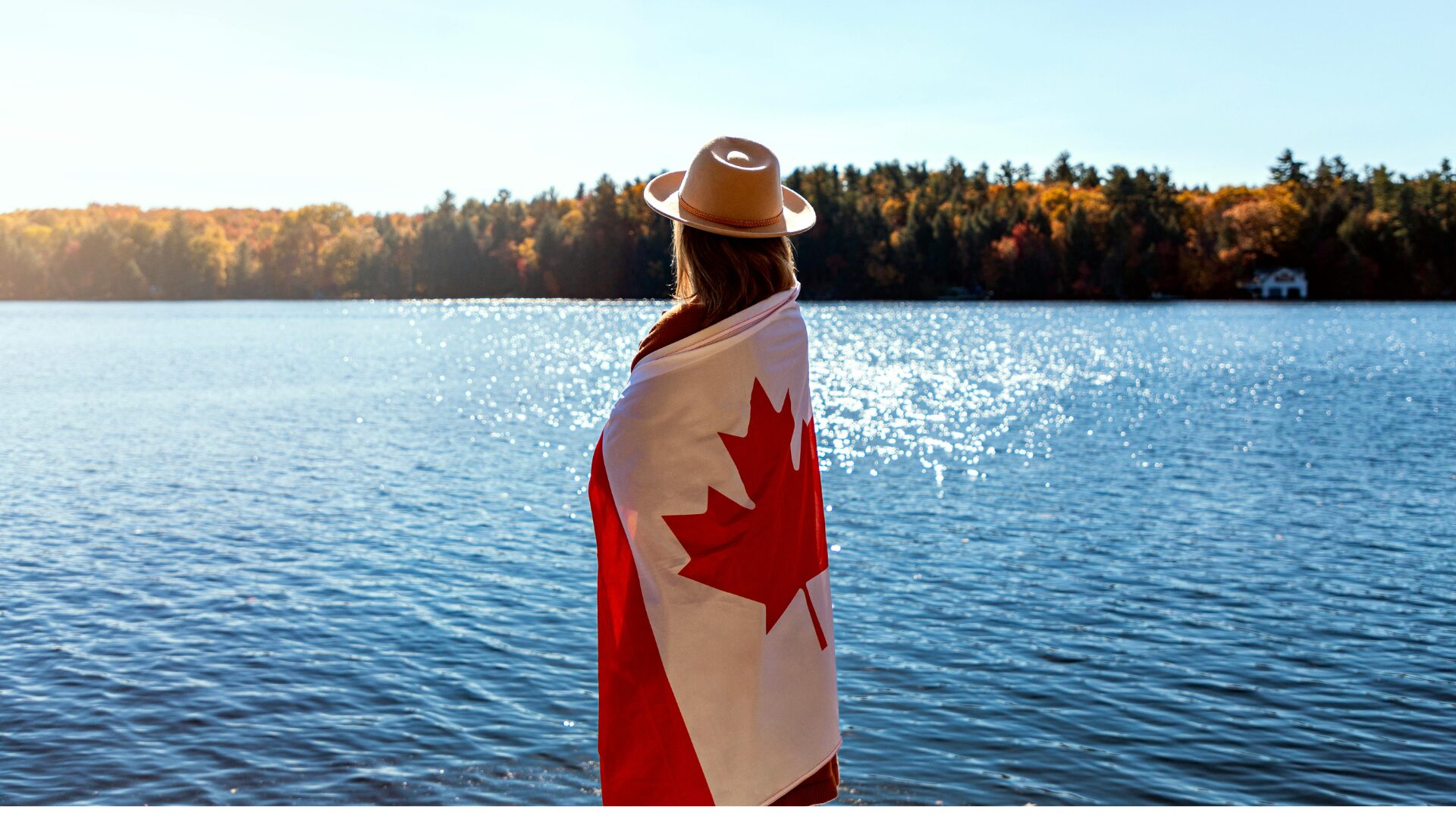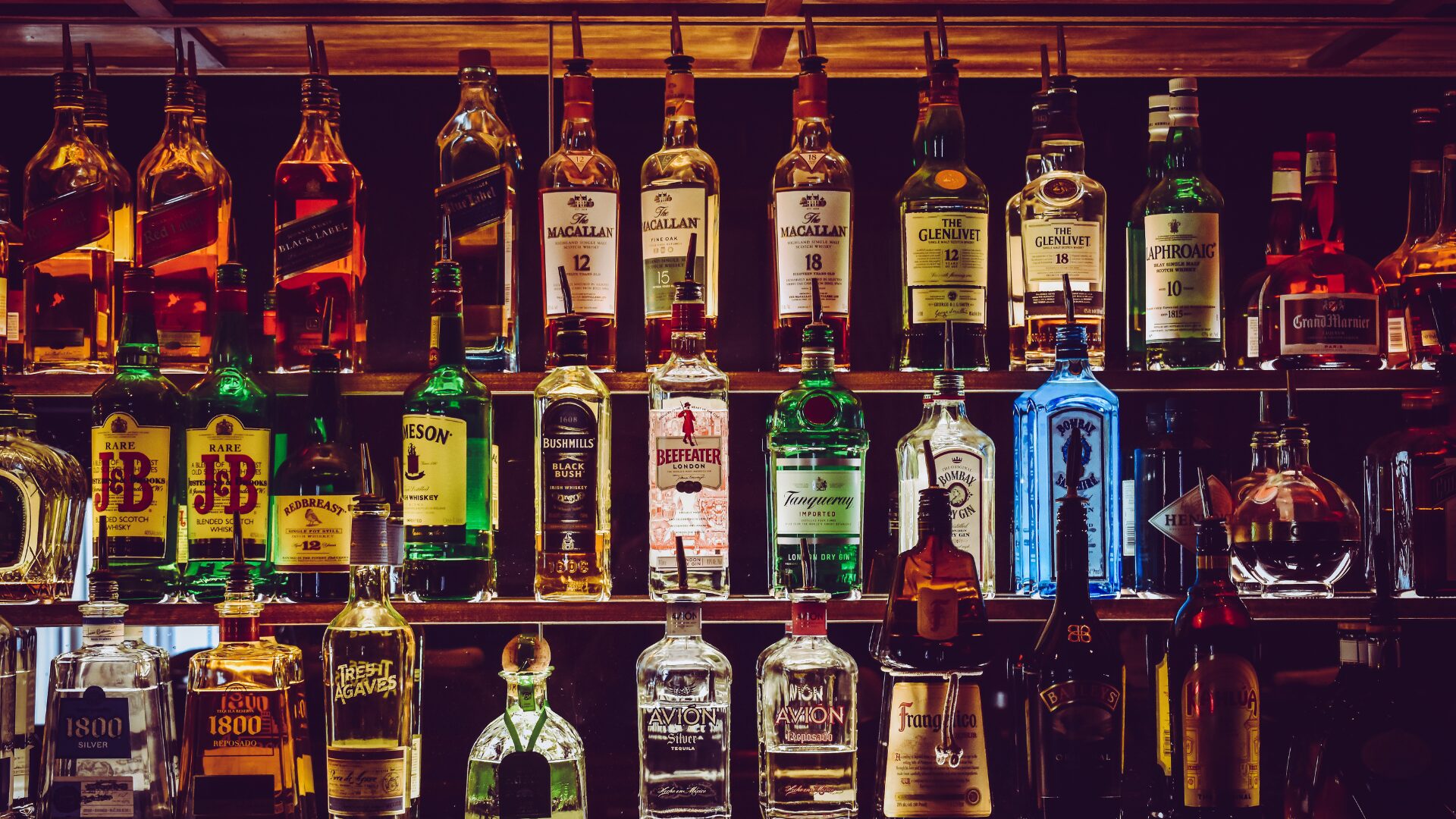Anheuser-Busch is boosting production of its latest hard seltzer offering after the beverage, developed alongside rapper Travis Scott, saw furious demand. The drink — called Cacti Agave Spiked Seltzer — launched earlier this week, reported CNBC (March 17).
Celebrity endorsements are an effective marketing tool, particularly with Scott. McDonald’s, which had previously partnered with him, reported that some of its stores had temporarily sold out of key ingredients a week after debuting the chain’s collaboration meal.
Even without the celebrity endorsement, though, hard seltzer has been taking the country by storm. In 2020, the hard seltzer market was valued at $1.8 billion and was projected to grow 35% in 2021, according to data and insights company T4.
Here’s a look into why the category has seen such explosive growth.
MORE BRANDS ON THE MARKET
While White Claw was one of the first brands to capture the attention of consumers, the market has expanded and several major brands are getting in on the action. Beer Brands such as Michelob Ultra, Bud Light, and Pabst Blue Ribbon all released their own versions of the beverage, while spirits manufacturers Jose Cuervo and Smirnoff also developed offerings.
The market isn’t limited to alcohol brands. Coca-Cola is launching a boozy version of its sparkling mineral water, Topo Chico, later this month, reported Forbes (March 18). The company tapped Molson Coors Beverage Co. as its official manufacturing, marketing, and distribution partner last September.
“Topo Chico Hard Seltzer is a modern take on refreshment that brings entirely new character to a red-hot seltzer category,” said Matt Escalante, a senior marketing director at Molson Coors, as reported in Forbes.
PERCEIVED AS HEALTHIER
Hard seltzer typically contains around 5% alcohol content by volume and is lower in calories than most comparable alcoholic drinks. It’s also gluten free and low in sugar, giving off a healthier impression to consumers.
But while the demand for “healthier” beverages among millennial and Gen Z consumers has helped drive the market, hard seltzers aren’t healthy because of their high alcohol content.


